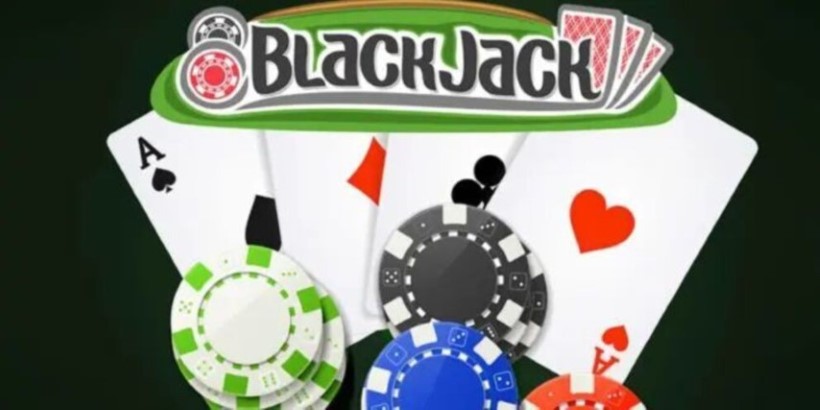
Blackjack for Novices
- #1 Senior Referral Agency in Medford – Your Trusted Partner in Aging Gracefully - June 11, 2025
- How a Young Newlywed Plans to Spend Her Lotto Winnings - September 28, 2024
- Driving Through History With Lincoln Highway’s Legacy - November 28, 2023
A primer for those who are new to the game of blackjack
In the 17th century, the first documented games of blackjack were played in French casinos. The game was known as Vingt-et-Un, which is French for the number 21, and it was played with two decks of cards at the time. Despite this, some claim that the game dates back to Roman times and that it was originally played with numbered slabs of wood rather than playing cards.
Regardless of where the game originated, its popularity in North America skyrocketed in the early 18th century. It didn’t take long for it to become commonplace in casinos across the continent. Players referred to the game as 21 until the twentieth century.
At this point, casinos were attempting to devise strategies for promoting the game to new customers. They agreed that whenever the Ace of Spades was dealt alongside one of the Black Jacks, a bonus pot would be awarded (the jack of clubs or the jack of spades). The name has not changed. Blackjack is no longer limited to being played only in brick-and-mortar casinos. Blackjack is also available on the internet.
The cards, the rules, and some helpful blackjack tips
In the card game of blackjack, the goal is to achieve a score as close to 21 as possible. You will compete not only with the dealer but also with the other players at the table. When you reach the age of 21, you will lose all of your money; this is known as “going bust.”
A Game of Cards
Before we discuss the game’s rules, you should be familiar with the value of each card in the game of Blackjack. A few casinos follow different rules when it comes to the value of aces; some consider them to be worth 1 point, while others consider them to be worth 11, and the majority of casinos allow it to be either value.
The Policies
As previously stated, the game of blackjack was formerly known as “21.” This is because the goal of the game is to score exactly 21 points, neither more nor less.
The round is won by the player who comes closest to the number 21 (below only). Every player competes against the dealer in a game. You are eligible for a payout if you win against the dealer.
At the start of the game, the dealer deals two playing cards to each player, including themselves. Before asking the players if they want to take another card or stick, they are given some time to examine the cards dealt to them.
The player must decide whether or not their current score should be saved, and if so, whether it should be in the high teens, a 20, or a 21. Should they decide to give up because they have a bad hand? Alternatively, if they want to take another card to get closer to 21, they can do so.
It is impossible to get a score higher than 21 if you only use two cards
If they want another card, they will tell the dealer to “hit,” which means to deal them a third card, and they will get it. The player’s chances of going over 21 increase proportionally to the number of new cards drawn.
In the game of blackjack, going over 21 points by either the player or the dealer is considered a bust. If they go bankrupt, they are removed from the game for the rest of the round, and the player loses all of their money. Should all of the players declare bankruptcy, the dealer is the winner. If the dealer loses all of their cards, the player wins the hand automatically, unless they also lose all of their cards during that round.
- The player is declared the winner if their total is equal to or greater than 21, or if it is closer to 21 than the dealers.
- The player will be eligible for an additional bonus payment if they play the Ace of Spades with either of the black Jacks.
Tips
The three suggestions below, if followed, will increase your chances of winning a blackjack hand:
1 – Never play blackjack while under the influence of alcohol; this impairs your ability to think critically, which is essential in blackjack.
2 – Set a spending limit for the evening and distribute it evenly among the games. If you bet too heavily at the start of the tournament, you risk quickly depleting your bankroll.
3 – Never, under any circumstances, put your money on the Martingale! According to this betting strategy, you should increase the amount that you wager the next time by one for every bet that you lose. If you lose a bet, you should do this. After that, if you are victorious, you will theoretically receive the total amount of your investment back. It has been shown beyond a shadow of a doubt on several occasions that this does not work in the gambler’s favor, and those occasions have been numerous.
